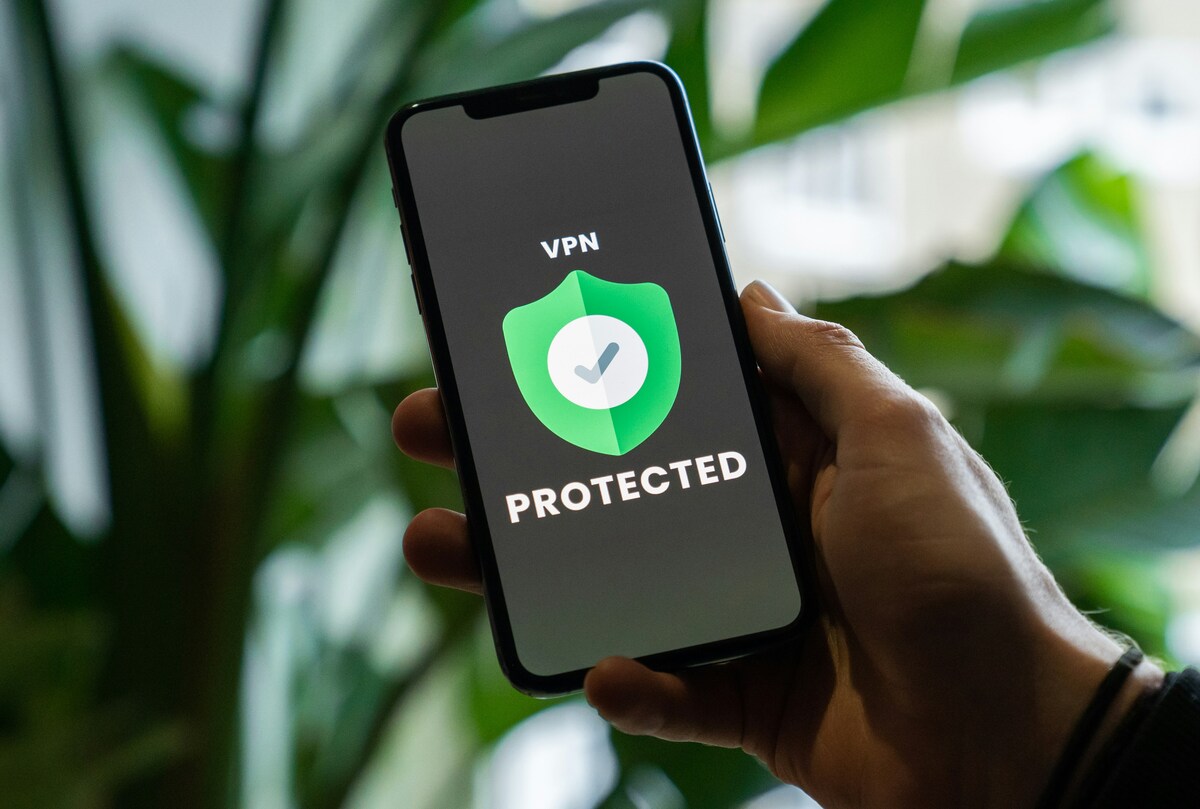Did you know that even if you’ve used a VPN to secure your Internet browsing, it can stillexpose your browsing history? This is called the DNS leakage. In this post, we’ll detail howtorun a DNS leak test to verify whether you’re experiencing this issue.
Before starting, you should choose a secure and reliable VPN to encrypt your datatransmission. If needed, you can use LightningX VPN which has strong encryption protocols.It also hides your real IP address to avoid tracking.
Contents
What Is a DNS Leak?
When you visit a certain website, your browser will ask a DNS server to resolve the IPaddress. A DNS leak means the requests that should have been encrypted by a VPNservicewent straight through your local network. Therefore, your requests may be exposed to your ISP or other third parties.
If your computer sends DNS requests to the wrong server, it may disclose your personal information and jeopardize your online privacy. Even though you may think you have usedtools to protect your privacy.
Causes of DNS Leaks
Incorrect VPN configuration: Most VPNs offer dedicated DNS servers. However, if you choose to configure the VPN connection manually, it can increase the risk of DNS leakage.
Operating system settings: After connecting to the VPN, your operating systemmay still usethe default DNS servers. Thus, your DNS requests won’t be encrypted, potentially leaking your online data.
Manual DNS configuration: You may have changed your DNS settings manually. This will cause the DNS service to bypass the VPN provider’s encrypted servers.
Incompatible with IPv6: Your VPN may not support IPv6, which may push your DNS request to move outside the encrypted tunnel.
How to Prevent DNS Leaks?
Way 1: Use a VPN with DNS Leak Protection
A VPN is the best tool to protect against DNS leaks. For example, LightningX VPN encrypts all your data. With its strong and advanced security technologies like AES-256, WireGuard, Shawdowsocks, and Vless, both your browsing history and personal information are secureunder any network.
In addition, LightningX VPN can assign a random IP address. In this way, your real IP address is hidden, making your online activities anonymous. It also offers a no-log policy that promises never to record your information.
LightningX VPN provides more than 2000 servers covering 50+ countries. You can easily connect to the fastest server without bandwidth and speed limitations.
It is compatible with Windows, Mac, Linux, Android, iOS, and TVs. Download and install it now, you can enjoy a 7-day free trial and a 30-day money-back guarantee.
To get LightningX VPN:
- Visit its official website and go to the download page.
- Choose the version that is available to your device. Then, click the “Download” button.
- Follow the prompts to install it.
- Launch LightningX VPN and tap the “Start” icon to connect quickly. Way
2: Change DNS Server
Default DNS usually does not completely protect your privacy. You can change the DNS server to those provided by your VPN service. This can force all DNS requests to be encrypted through the VPN. Also, it ensures your requests are not exposed to third parties, thus increasing your data protection.
Way 3: Enable Kill Switch
Check if your VPN features a kill switch. This feature can disconnect from the network automatically when your VPN disconnection is interrupted. Thus, you can enable it to avoidDNS leakage. With it, your DNS requests and other network requests are not leaked.
Way 4: Test DNS Leak Regularly
Try to use some online tools to test for DNS leaks. Besides, remember to check your DNS status regularly to make sure your DNS queries are transmitted encrypted. The obvious indication is you’re using a secure DNS server instead of the default one.
How to Perform a DNS Leak Test?
The DNS leak test is easy to operate. Here is a step-by-step guide.
1. First, make sure you are connecting to a VPN.
2. Choose a reliable and safe DNS leak test site in your browser.
3. You can see two options: the Standard and Extended tests. Tap one based on your
needs.
4. Wait for a while, then it will offer the test result that lists your IP address and location.
If the results show a DNS server location or IP address that matches the one provided by
your VPN, there is no leakage. On the contrary, you may have a DNS leak.
DNS Leak Test – FAQs
Why do I need to test for DNS leaks?
It can help you confirm if there is a DNS leakage problem. If DNS requests travel through unencrypted tunnels, others can trace your access footprint even if you use a VPN. Testing will help you identify this issue and take prompt action.
Can a DNS leak expose my privacy?
Yes, DNS leaks can expose your browsing behavior to your ISP or other network monitors. Avoiding DNS leaks is very important if you are very privacy-conscious, especially when usinga VPN.
Conclusion
The DNS leak test is important for online privacy. By testing regularly, you can enhance anonymity and security when surfing the web. If you worry about encountering leakageissues in the future, you may choose a safe VPN like LightningX VPN to protect your dat



